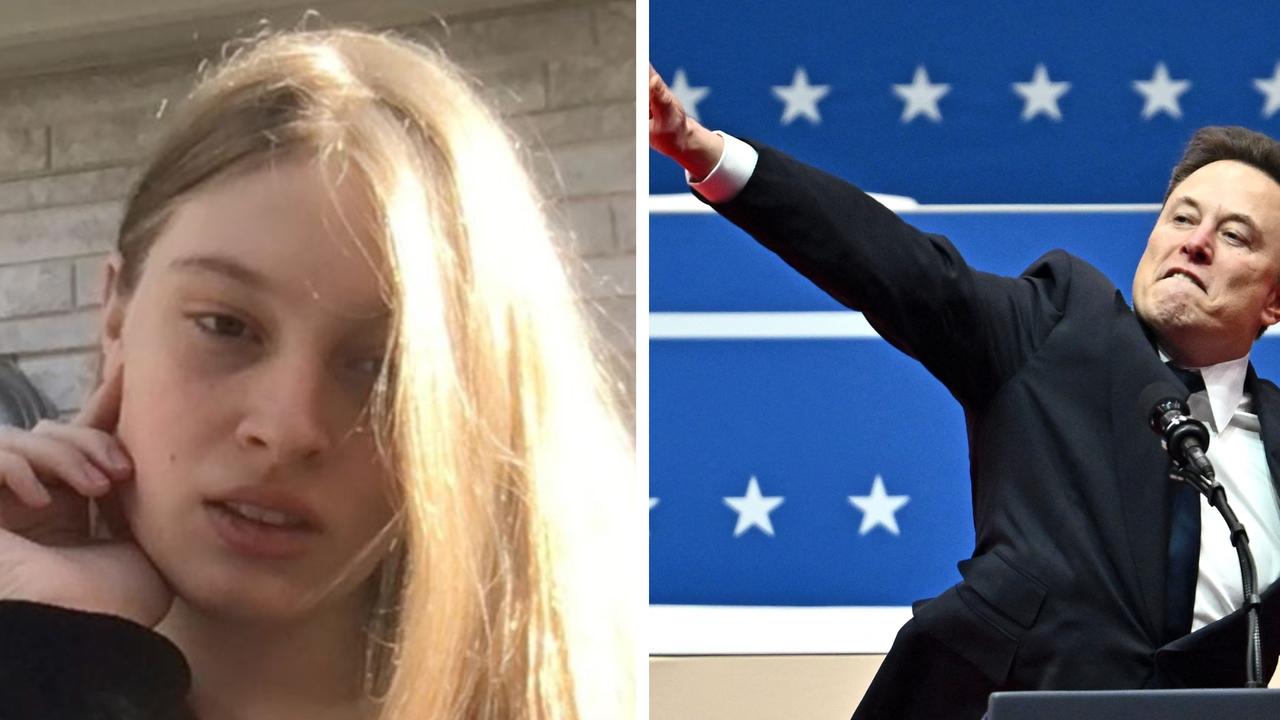Malcolm Turnbull in the firing line as dual citizenship saga turns nasty
MALCOLM Turnbull’s Government is in disarray after the dual citizen debacle. He needs to make tough decisions to have any chance of holding on to his job.
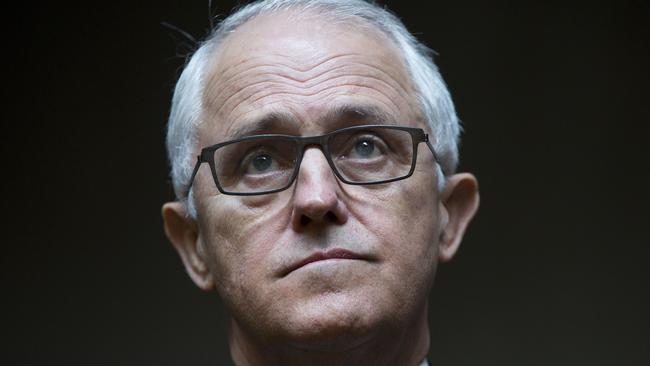
ANALYSIS
MALCOLM Turnbull is caught in a clash of obligations — between enforcing the law and keeping his job.
And it’s not the first time a Liberal Prime Minister has been torn by the two priorities.
John Howard could tell his present-day successor of the political dangers in robustly pursuing black-letter law.
Mr Turnbull has returned to Australia to find the unrest over dual citizens in Parliament has become a frenzy of accusations, suspicions and threats to careers. And voices from all sides are expecting him to fix things.
His options are not pleasant.
He can attempt to order — through legislation — an examination of the citizenship status of all members of Parliament. However, this might see more government figures disqualified and lead to him losing power as his House of Representatives numbers fall.
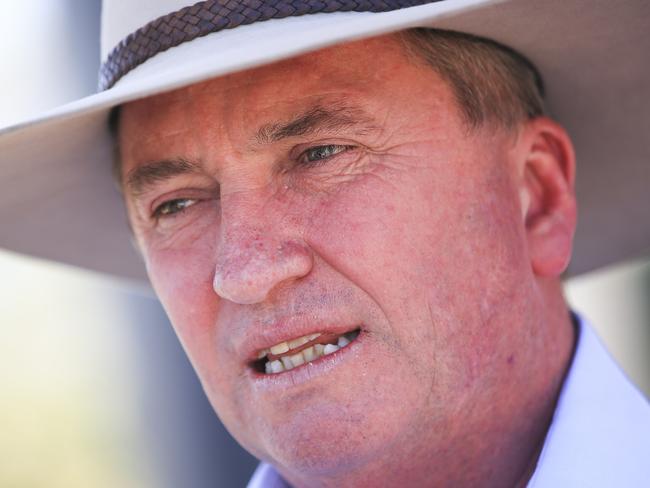
He could propose a referendum to change the Section 44 of the Constitution which has already punted three of his most senior colleagues. It is hugely unlikely voters would back an expensive
national ballot aimed at making life easier for politicians.
It would be seen as giving politicians a free pass from the consequences of incompetence and negligence on determining citizenship, the type of pardon ordinary citizens rarely get.
The third possibility is an election, the second in 18 months to two years, with the high risk of defeat.
However, he also be under pressure to take action of some sort and if he doesn’t his cranky backbench will blame the Prime Minister for any further losses from their ranks.
There already is considerable unrest over the departures of Barnaby Joyce, Fiona Nash and Stephen Parry and questioning of the standing of ministers including minister Josh Frydenberg.
Tony Abbott loyalists such as Kevin Andrews and the former prime minister himself are prepared to cultivate any unrest against Mr Turnbull.
The current Prime Minister’s only real option appears to be to change the impact of the law, to somehow reduce the consequences of breaches.
A similar problem confronted John Howard when he defeat Labor to take office in 1996.
Mr Howard arrived with a fresh, no-nonsense ministerial code of conduct along with a strong election campaign promise to enforce it.
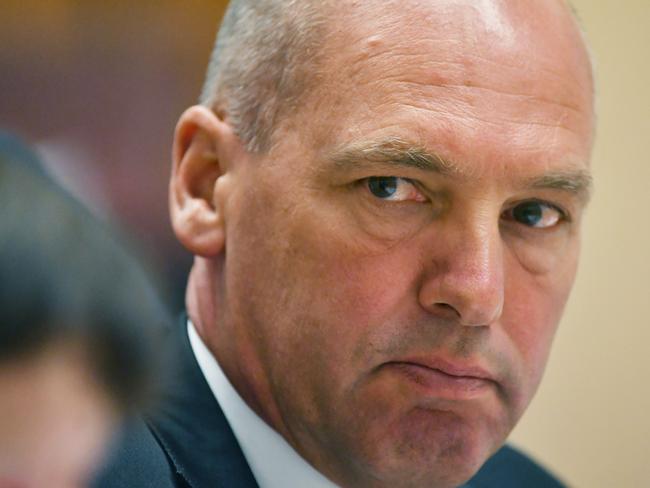
The result was that between October 1996 and September 1997 the Howard government lost six ministers.
Three went for conflicts of interest related to their business investments — Jim Short, Brian Gibson and Geoff Prosser.
A further three ministers went after problems were found with their travel expenses — David Jull, John Sharp and Peter McGauran.
Angry Coalition backbenchers began telling the Prime Minister’s office they hadn’t been elected to sack their own people. The target should be Labor.
John Howard heeded the messages.
There was not another Liberal ministerial resignation for 10 years — Ian Campbell and Santo Santoro in March, 2007.
The Government argued the code of conduct had done its job and ministers had changed their behaviour to accord with it.
However, there were suggestions the Prime Minister stopped enforcing it in a black-letter fashion, because it was unrealistically demanding.
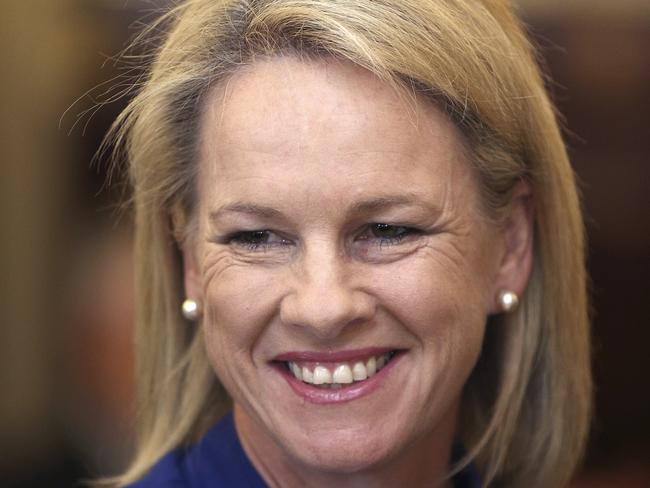
Mr Howard’s adviser at the time, Graham Morris, now a highly regarded consultant, later said: “The code was written by public servants and Mother Teresa couldn’t have lived with it.”
Influential Liberal minister Nick Minchin told author Paul Kelly: “There was a feeling that Howard’s manic commitment to the code was putting nearly everybody at risk for the most mundane transgressions.
“The code produced some shocking events.”
Malcolm Turnbull also has to deal with a set of laws which are unrealistic in our present demographics and overly severe on technical breaches. He would love to moderate or ignore them.
The substantial difference is Mr Turnbull doesn’t control the citizenship provisions. The High Court is in charge of the whole show and that authority cannot be taken away without a change to the Constitution.
However, he is the Prime Minister; he has the big desk and his own side, as well as the broader community, will be demanding he ends this instability.


